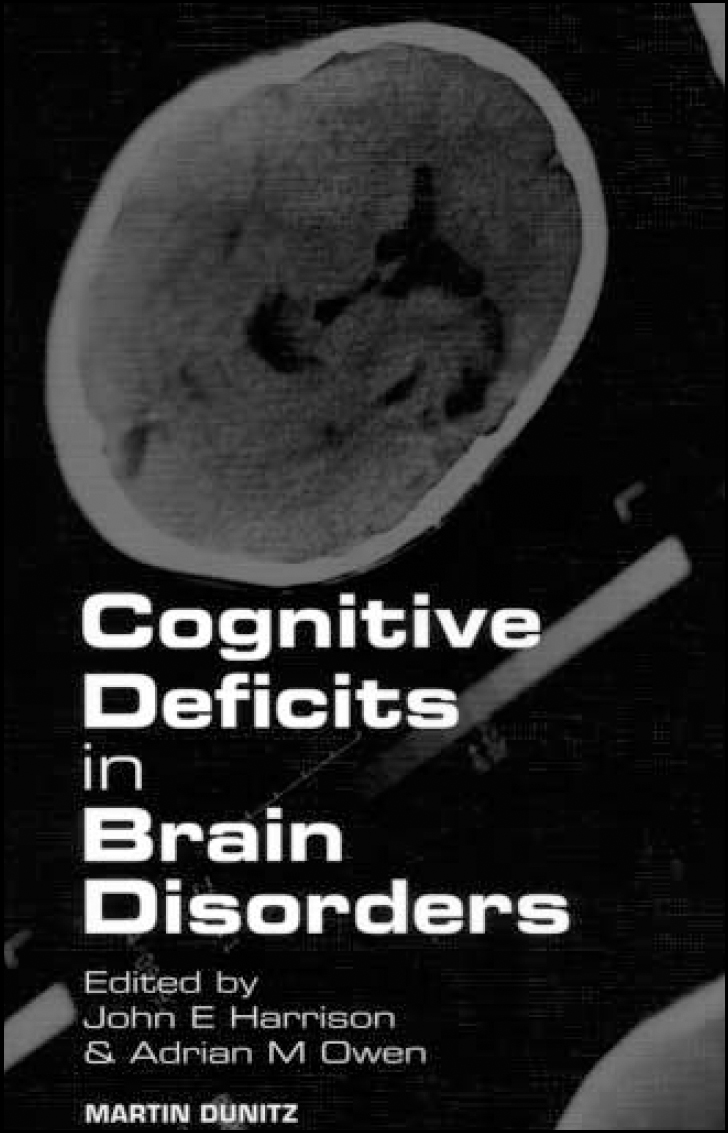Act 1, scene 1: The editors sitting in a bar discussing neuroscience. They reflect that they have both often been asked to recommend a book that would summarise cognitive deficits in neuropsychiatric disorders for clinicians. They regret that they have been unable to do so, as they know of no such text. Then and there they resolve to remedy this situation. Skip to the punchline, have our heroes succeeded in their quest? Well, not quite but neither is their endeavour a failure. With the help of a broad cast of contributors they do provide us with an informative overview of the neuropsychology of assorted neurological and psychiatric disorders.

The problem is not so much what is included but what is missing. I was surprised that there was no discussion of dementia with Lewy bodies. Similarly, there was no chapter on vascular dementia. The paragraph on the differential diagnosis of Alzheimer's disease discusses both delirium and depression, but does not refer to either Lewy body or vascular dementias. The book's approach is that an understanding of the neuropsychology of disease states provides a vital source of information about normal brain function. While not disagreeing, I believe that this relationship is bidirectional and that an understanding of normal functioning is essential in order to address deficits in clinical populations. I had hoped that this book could be recommended to clinicians/trainees wanting a text that summarises the normal changes in cognition with ageing. Unfortunately, this is not the case, as normal ageing and the concepts of age-associated memory impairment, mild cognitive impairment and so on are not comprehensively discussed.
However, research and statistical methods, commonly used neuropsychological tools, neuropsychological concepts and overviews of a number of disorders of interest to a broad range of clinicians are clearly described. Perhaps the target of a comprehensive review of cognitive deficits for such a varied field of neuropsychiatric disorders was too ambitious.



eLetters
No eLetters have been published for this article.